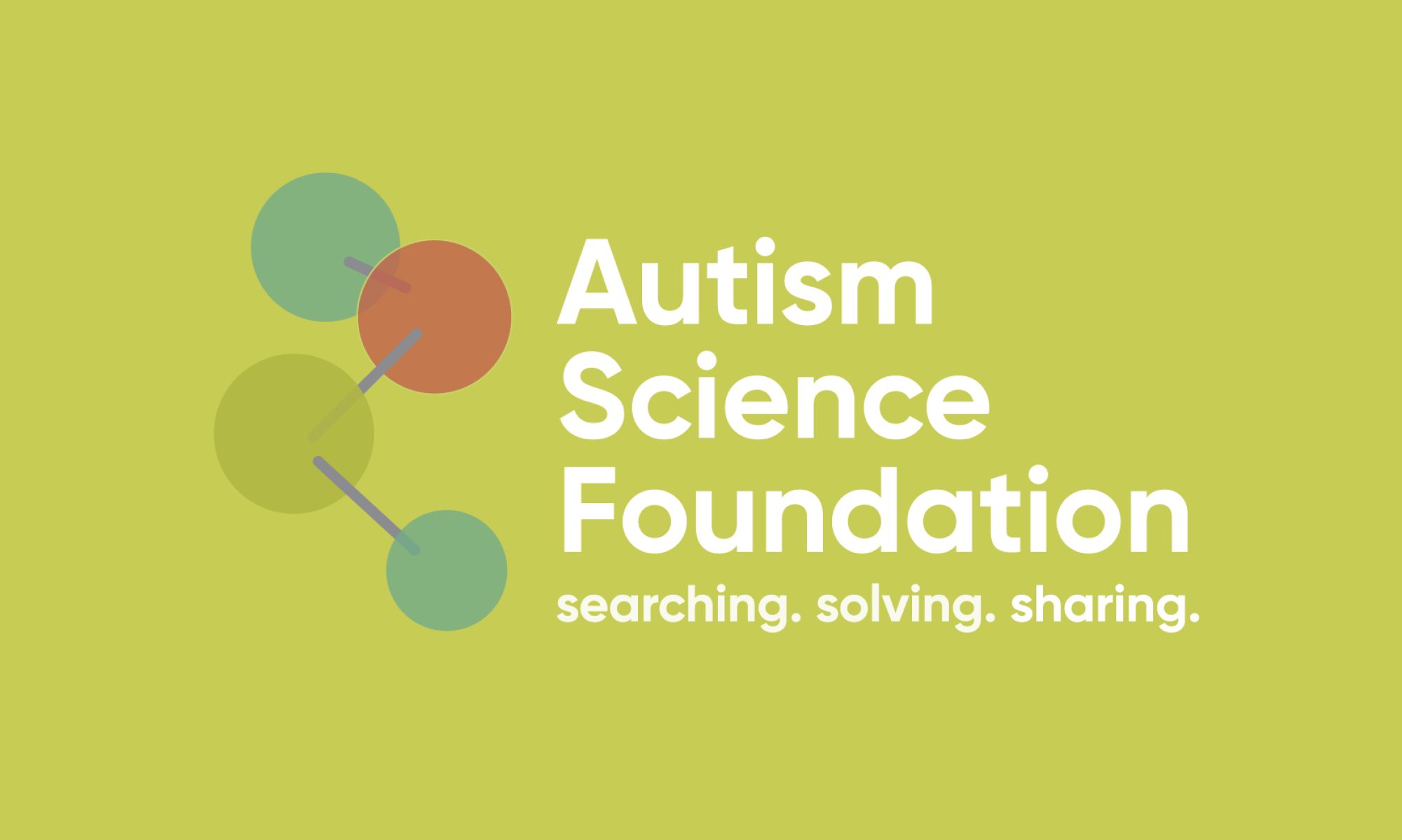By Clare Krusing
Discrediting a decade-long debate over autism and vaccines, the British Medical Journal (click here for link) published its findings proving Dr. Andrew Wakefield’s controversial study linking autism with the MMR vaccine was fraudulent. Backed by medical journalist Brian Deer‘s reporting (click here for link), the Journal cited the “clear evidence of falsification” in three of the paper’s conclusions:
1. Wakefield’s 1998 Lancet study misrepresented or altered the medical histories of all 12 of the patients, five of which showed developmental problems before receiving the MMR vaccine and three never had autism. In falsifying these records, BMJ found there was “no doubt” Wakefield was responsible.
2. No studies have been able to replicate the results Wakefield published. Wakefield himself has been asked to reproduce his results and has been unable to do so.
3. The BMJ reports that Wakefield received more than $674,000 from a law firm intending to sue vaccine manufacturers, a conflict of interest that was not disclosed in theLancet study.
For those who suspect Wakefield’s conclusions may simply be wrong and he did not intentionally falsify the data, the BMJ refuses to accept such a stance. “A great deal of thought and effort must have gone into drafting the paper to achieve the results [Wakefield] wanted: the discrepancies all led in one direction; misreporting was gross.” The Lancet retracted the study in 2004, and British medical authorities revoked Wakefield’s medical license last May, but as the BMJ notes, serious harm has been done. “The damage to public health continues, fuelled by unbalanced media reporting and an ineffective response from government, researchers, journals, and the medical profession… Hundreds of thousands of children in the UK are currently unprotected as a result of the scare, and the battle to restore parents’ trust in the vaccine is ongoing.”
Wakefield Fallout Prompts Discussion on True Causes of Autism
Media reports exploded this week following BMJ’s editorial on Wakefield’s fraudulent study. Cable and network affiliates as well as major print outlets covered the story. CNN’sAnderson Cooper devoted two nights of coverage to the issue, including an interview with Wakefield immediately following the breaking news. CBS Evening News with Katie Couric featured Dr. Paul Offit, head of Infectious Disease at Children’s Hospital of Philadelphia, and Katie van Tornhout, a mother whose one-month-old daughter (who was too young to be vaccinated) died of whooping cough last year after she contracted the illness likely from someone who was not immunized. As reporting continued, a growing focus turned to supporting scientific-based research on autism and its causes. Alison Singer, President and Co-founder of The Autism Science Foundation, appeared on CNN encouraging the public and medical community to “finally put the question of vaccines and autism behind us” and “invest in studies that will allow us to find out what does cause autism.”
Offit, Mnookin Challenge Anti-Vaccine Movement with Book Releases
As the news began to spread on Wakefield’s fraudulent study, Dr. Paul Offit was speaking to a group at The National Press Club in Washington, D.C. on the dangerous consequences of the anti-vaccine movement, which escalated following Wakefield’s controversial report. On that evening, Offit described his newest book, Deadly Choices: How the Anti-Vaccine Movement Threatens Us All, a comprehensive review of the outspoken voices against vaccines and how their unsubstantiated and false claims have lead to a generation of parents choosing to not vaccinate their children. As Shot of Prevention noted “standing before us was a man who demonstrated genuine compassion for children and who generously donates the proceeds of his book to autism research…outside of the room, journalists from most major news stations were busy putting Andrew Wakefield in the spotlight (once again), based on the immoral and fraudulent nature of his study that has had an overwhelming negative impact on the vaccination of children.”
On NPR’s Science Friday, Offit discussed the fatal implications such choices to delay vaccines would have on young children and society at large citing the recent California pertussis outbreak as an unfortunate, but preventable consequence of these decisions. In addition to Offit’s book, Vanity Fair contributor Seth Mnookin’s The Panic Virus: A True Story of Medicine, Science, and Fear comes out next Tuesday, and like Offit, Mnookin chronicles the early vaccine story, its players, and the emergence of vaccine opponents who have challenged public health experts and mobilized a vocal following in their search for answers to the proposed autism-vaccine link.
 Tomorrow, October 5, is the first annual Orange Nose Day in celebration of the top five steps to good health:
Tomorrow, October 5, is the first annual Orange Nose Day in celebration of the top five steps to good health:


